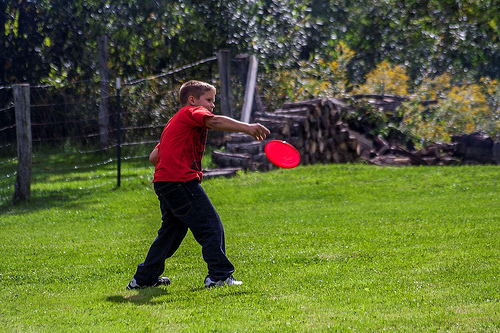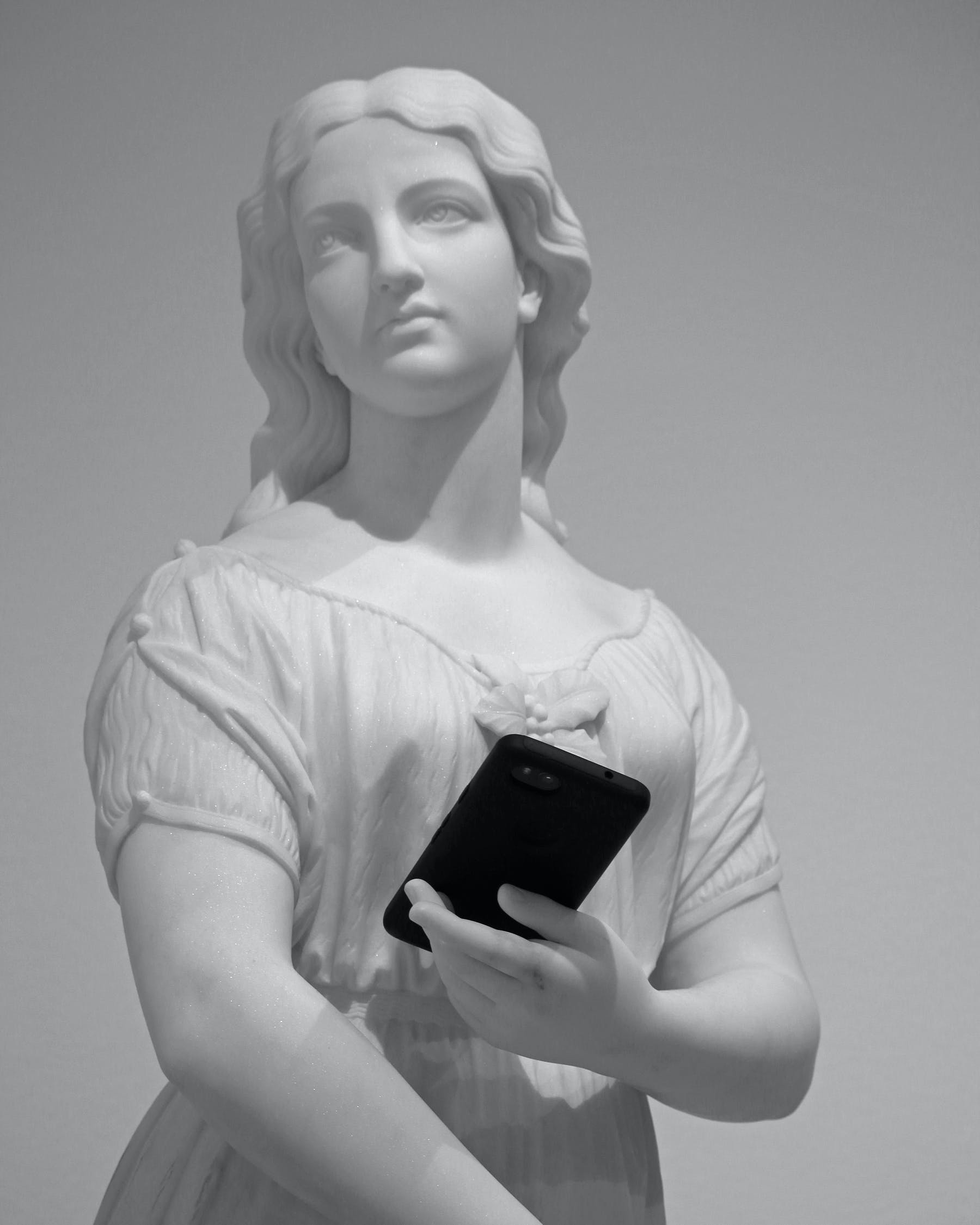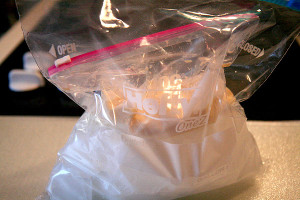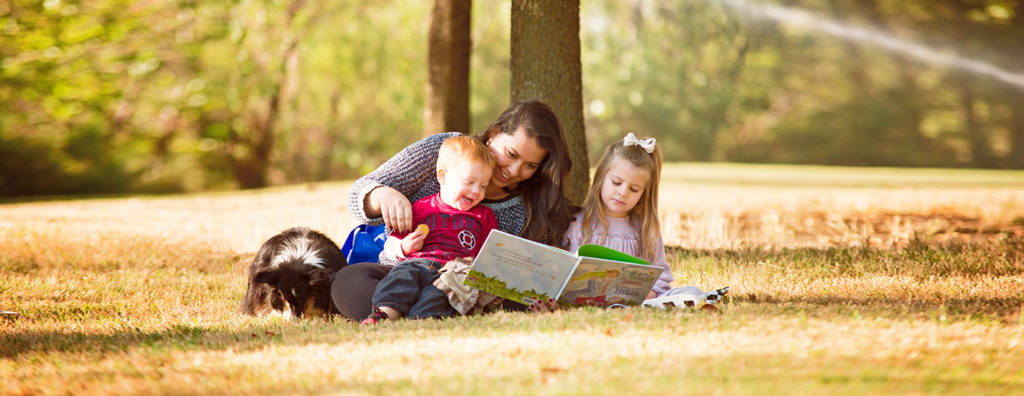Just because a child is old enough to occupy themselves, doesn’t mean that they should be expected to do so the majority of the time. Host families have a certain expectation of activity and involvement for their children. Get the kids engaged and active. You can be more fun than the TV or a video game.

Problem:
But, my kids don’t want to do anything but watch TV or play video games.
Solution:
Instead of saying, “Would you like to (fill in the blank with any activity)? The answer will often be, “No.”
Try this, “Now we are going to (fill in the blank with any activity.) or “Would you rather do _____ or ______?” Make sure both the choices are good options.
Your chances of co-operation are greatly increased. Even kids who are reluctant to try new things will usually get in the spirit of things and have fun if you pick a good activity.
Problem:
I don’t know what to do with school-age kids.
Solution:
Look for ideas online. Google “activities school-age kids” or “activities tweens”. You can also take part in an au pair webinar on this topic. Below is a list of some ideas to get you started.
- Cooking
- Making things (check craft stores like Michael’s for kits and models that are age-appropriate)
- Going to fun places (pottery painting, jewelry making, farms, museums, mini-golf, go-karts)*
- Sports (soccer, tennis, swimming, bicycling, roller skating, ice skating)*
- Let them teach you to do something they enjoy. Kids this age love being the expert.
- Get outdoors and visit local parks.* You can even make a project of reviewing all the local parks (what kind of equipment they have, is there shade, water fountain?) They can write this up and keep it so they remember which ones they want to go to again and which ones to skip in the future.
- Let them help you search and plan some activities.
- Check on the APIA Pinterest page and here on our cluster blog for ideas.
- If you have a GPS, try taking them geocaching. Here is a website with all the details.
- Use technology to get them off the couch and sneak in some exercise. The phone app Pokémon Go includes activities that are unlocked by taking steps. There are Pokéstops and gyms at many places they might enjoy going for walks like parks, nature trails, walk/bike paths, and downtown areas.
*Always get permission from your host parents before taking the kids places and remember to follow social distancing and mask-wearing protocols.

 Au Pairs – Imagine for a moment that you went to the hospital and you were in the care of doctors and nurses. How would you feel if those doctors and nurses who were there to care for you were more interested in texting or using their personal computers than caring for you? How would that make you feel, about yourself and about them? Would you think that you were getting the treatment you deserved? Would you feel like paying the bill after your stay?
Au Pairs – Imagine for a moment that you went to the hospital and you were in the care of doctors and nurses. How would you feel if those doctors and nurses who were there to care for you were more interested in texting or using their personal computers than caring for you? How would that make you feel, about yourself and about them? Would you think that you were getting the treatment you deserved? Would you feel like paying the bill after your stay? In a quart size zipper baggie, combine…
In a quart size zipper baggie, combine… Places like the DMV and Social Security office can be challenging for Americans, so I can understand how difficult it could be for an au pair to run into problems there.
Places like the DMV and Social Security office can be challenging for Americans, so I can understand how difficult it could be for an au pair to run into problems there.
 In the final months of your au pair year, it can be tempting to become relaxed in the way you complete your duties. You may be thinking about your travel month, returning home and the next chapter of your life. That can be exciting and sometimes a little overwhelming. Don’t be afraid to talk with your host family, community counselor and friends if you need support.
In the final months of your au pair year, it can be tempting to become relaxed in the way you complete your duties. You may be thinking about your travel month, returning home and the next chapter of your life. That can be exciting and sometimes a little overwhelming. Don’t be afraid to talk with your host family, community counselor and friends if you need support.


